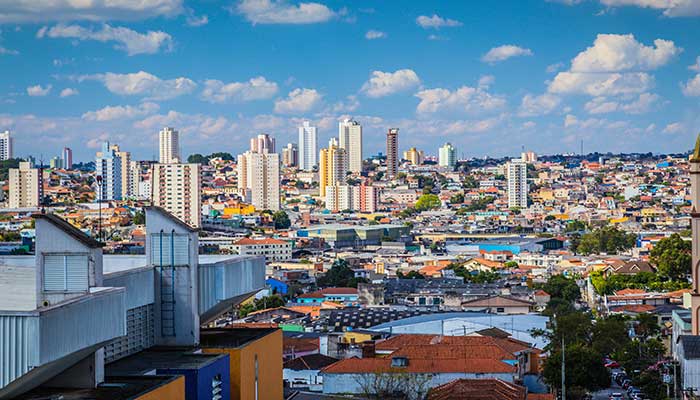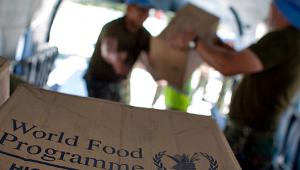web_saopaolo_shutterstock_150964670.jpg

Sao Paolo, Brazil/Shutterstock.
The NGO urged lawmakers to put an end to secrecy in its real estate market, which it said is likely to facilitates money laundering and corruption in a country that has already been hit by a high-profile scandal.
Numerous members of the upper echelons of Brazil’s political and business elite, including former president Dilma Rousseff, fell from grace in recent years amid an investigation into money laundering and corruption at state-controlled oil company Petrobras.
One company, Odebrecht, was found to have paid bribes and laundered money through three layers of offshore companies – a point Transparency International said underscored the hazards of allowing secret ownership of assets.
The NGO’s report said that 3,452 properties, worth $2.7bn, in Brazil’s largest city were held by 236 companies controlled by or linked to other firms registered in opaque jurisdictions
The majority – 87% – of the companies were registered in just five jurisdictions, including many of the most notorious for secrecy: Panama; the British Virgin Islands; Switzerland; the United States; and Uruguay.
It is not illegal for companies registered in such nations or firms that do not identify their true owner, known as shell companies, to operate in Brazil, and neither fact necessarily means the company does anything illicit or immoral.
However Transparency International stressed that by nature, such arrangements make it easier to launder money, hide wealth, pay bribes or otherwise engage in corruption.
It highlighted that in 70% of grand corruption cases analysed by the World Bank, perpetrators used shell companies to hide the true owner of assets and that one of the most popular aims for money launderers is to buy property.
Despite a number of databases used by Transparency International being public, Fabiano Angèlico, author of the report, said it remained “almost impossible” to uncover a shell-company owned property’s true owner.
The report called on Brazilian lawmakers to pass a bill providing a legal definition of beneficial ownership. Brazil’s government should also make the national company registry available online while local authorities should publish data on beneficial ownership of all companies owning property in their areas, the report said.
“We need a system that is easy to use and transparent,” said Angèlico. “We spent thousands of hours poring over files and sorting companies by hand. In this day and age this should be possible at the touch of a button.
“The technology is there, we just need the political will.”













